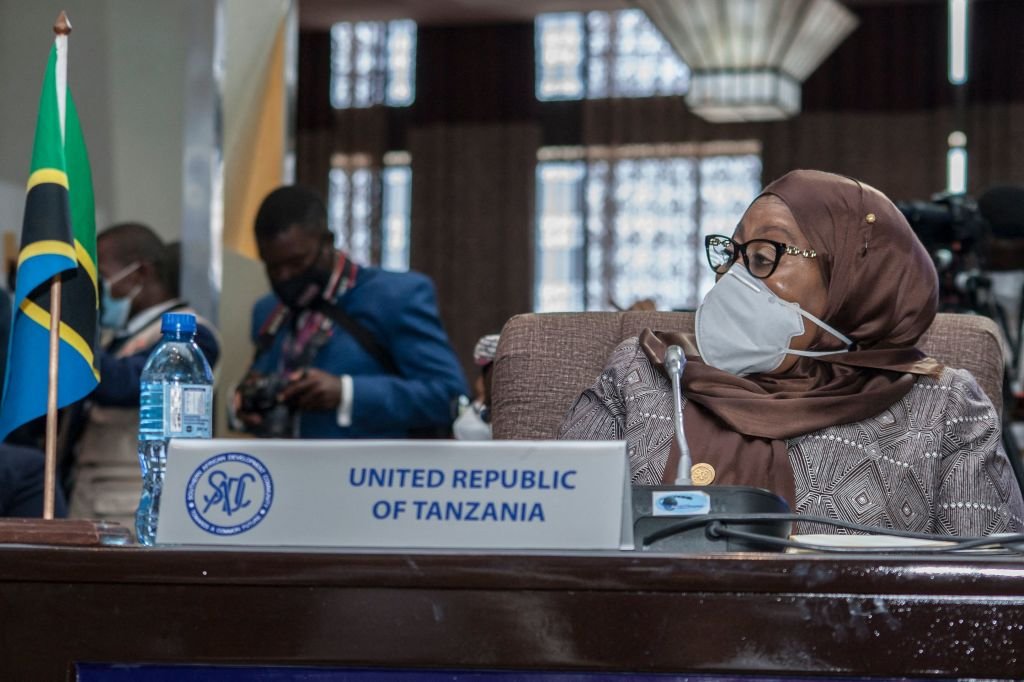
Introduction
Ahead of Tanzania's 2024 local government elections and 2025 general elections, the government has taken steps to erode civic space by restricting freedoms of expression, association, and peaceful assembly. On 11th August, authorities arrested members of the opposition CHADEMA (Chama cha Demokrasia na Maendeleo) party, including one of its leaders, Tundu Lissu. More generally, the pressure authorities have exerted on opposition figures and supporters, as well as on journalists, undermines their ability to operate freely and casts a shadow on the human rights situation ahead of key elections.
Association
On 11th August 2024, Tanzanian police arrested prominent figures of the main opposition party, CHADEMA, including one of its leaders, former presidential candidate Tundu Lissu, as well as over a hundred youth supporters, and five journalists. The police announced a ban on a planned event for International Youth Day celebrations in the city of Mbeya scheduled for 12th August 2024, citing concerns that the event aimed to “breach the peace” and “cause violence.” This came after a CHADEMA youth coordinator referenced recent youth-led protests in neighbouring Kenya in a statement. Police also detained 107 CHADEMA members in Iringa. CHADEMA Chairman Freeman Mbowe and John Pambalu, the National Leader of the CHADEMA party’s youth wing, Baraza la Vijana Cha Chadema (BAVICHA), were arrested at Songwe Airport on their arrival from Dar es Salaam to inquire about the detained members. The whereabouts of many arrested individuals remain unknown and authorities restrict access to information about the detainees and their charges for CHADEMA's lawyers. As of 13th August 2024, Tanzanian police had arbitrarily arrested 375 members and supporters of the CHADEMA. Later, senior opposition leaders were released on bail after several hours of detention. Tundu Lissu and others were released on bail on 13th August 2024.
In other developments, on 31st July 2024, reports exposed Tanzania's forced relocation of over 82,000 Indigenous Maasai from the Ngorongoro Conservation Area (NCA) to Msomera village, 600 kilometers away. Since 2021, authorities have cut essential services, restricted access to cultural sites and grazing areas, and banned crop cultivation, pressuring the Maasai to leave the area under the guise of conservation. Authorities have restricted movement in and out of the NCA, demanded multiple forms of identification, and imposed costly fees on those without proper documents. They have blocked access to non-governmental organisations (NGOs) and rangers have harassed and attacked residents, with 13 beatings documented between September 2022 and July 2023. Authorities have intimidated and threatened Maasai residents and human rights defenders who oppose the relocation, as previously documented on the Monitor.